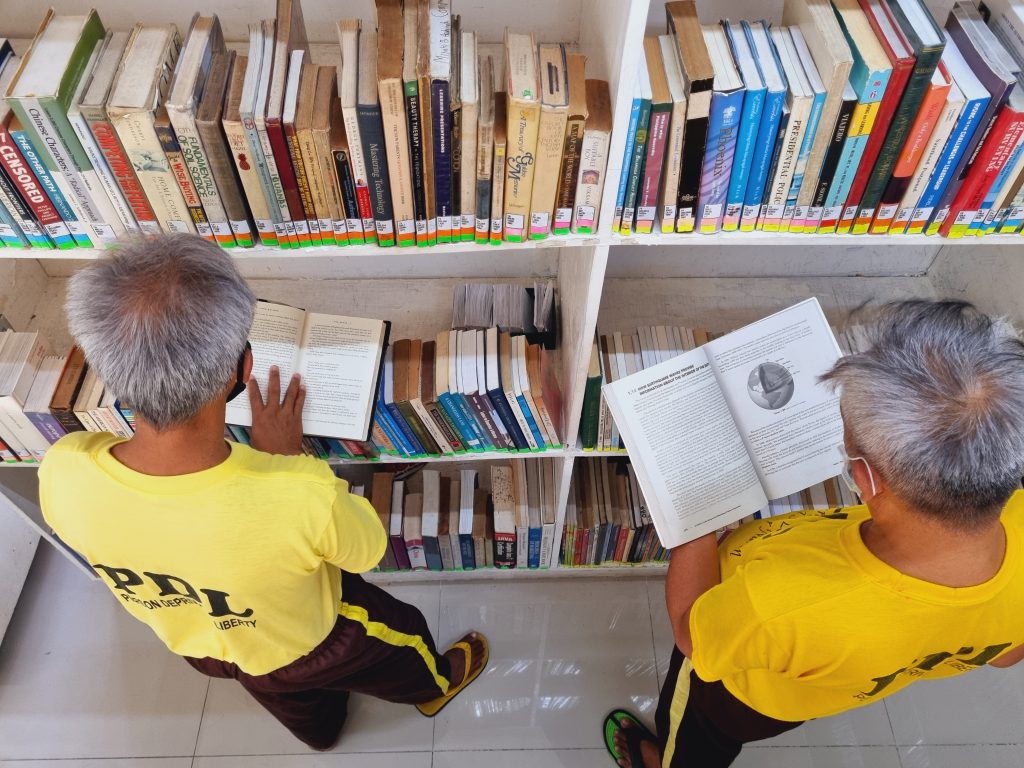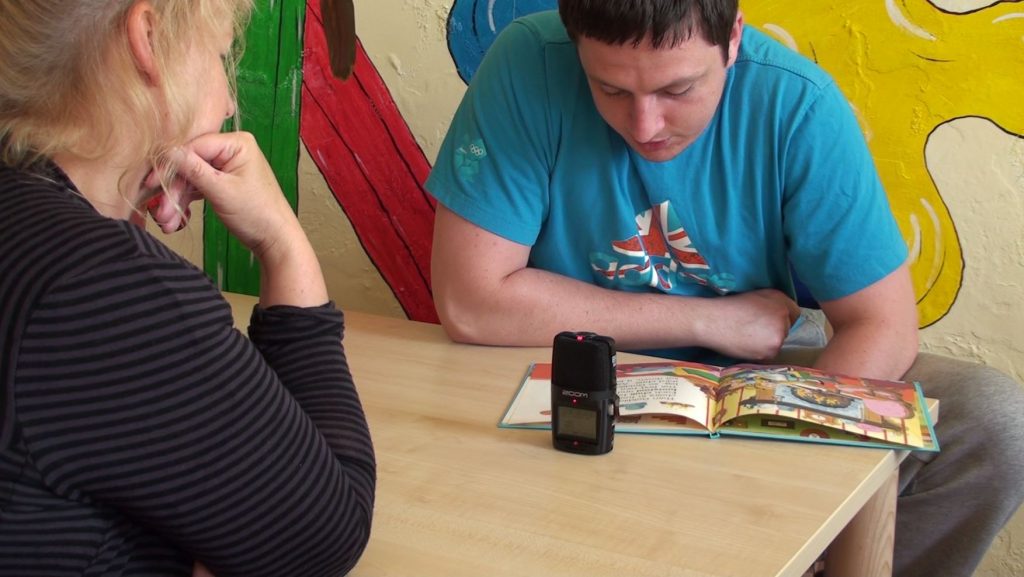As we mark World Book Day, Lisa Krolak shares her experiences of initiatives that help inmates to reduce their prison sentence by reading books and using library services.

Creating reading policies for prisoners to earn time allowances through reading
All over the world, the prison population includes a high proportion of people from disadvantaged backgrounds and communities, often with a lower educational level than the rest of their community and struggling with reading and writing. Prisoners have a right to access education, including the use of prison library services, but this is frequently overlooked or disregarded. Moreover, it can be assumed that many prisoners were not active readers before entering prison. So how can we offer an attractive incentive to prisoners to start reading, despite their literacy struggles and the attitudes towards reading and education that they might have?
Continue reading

